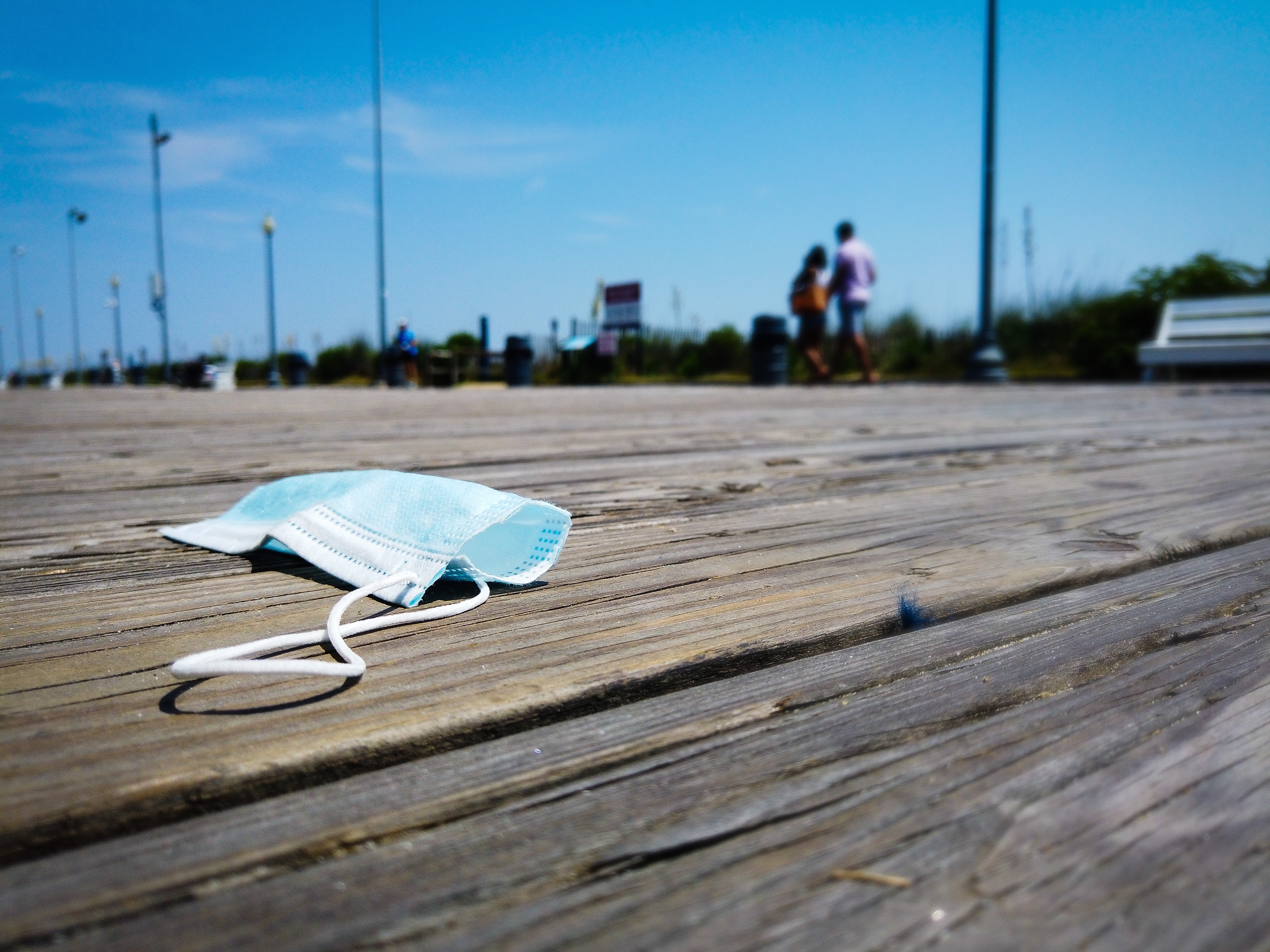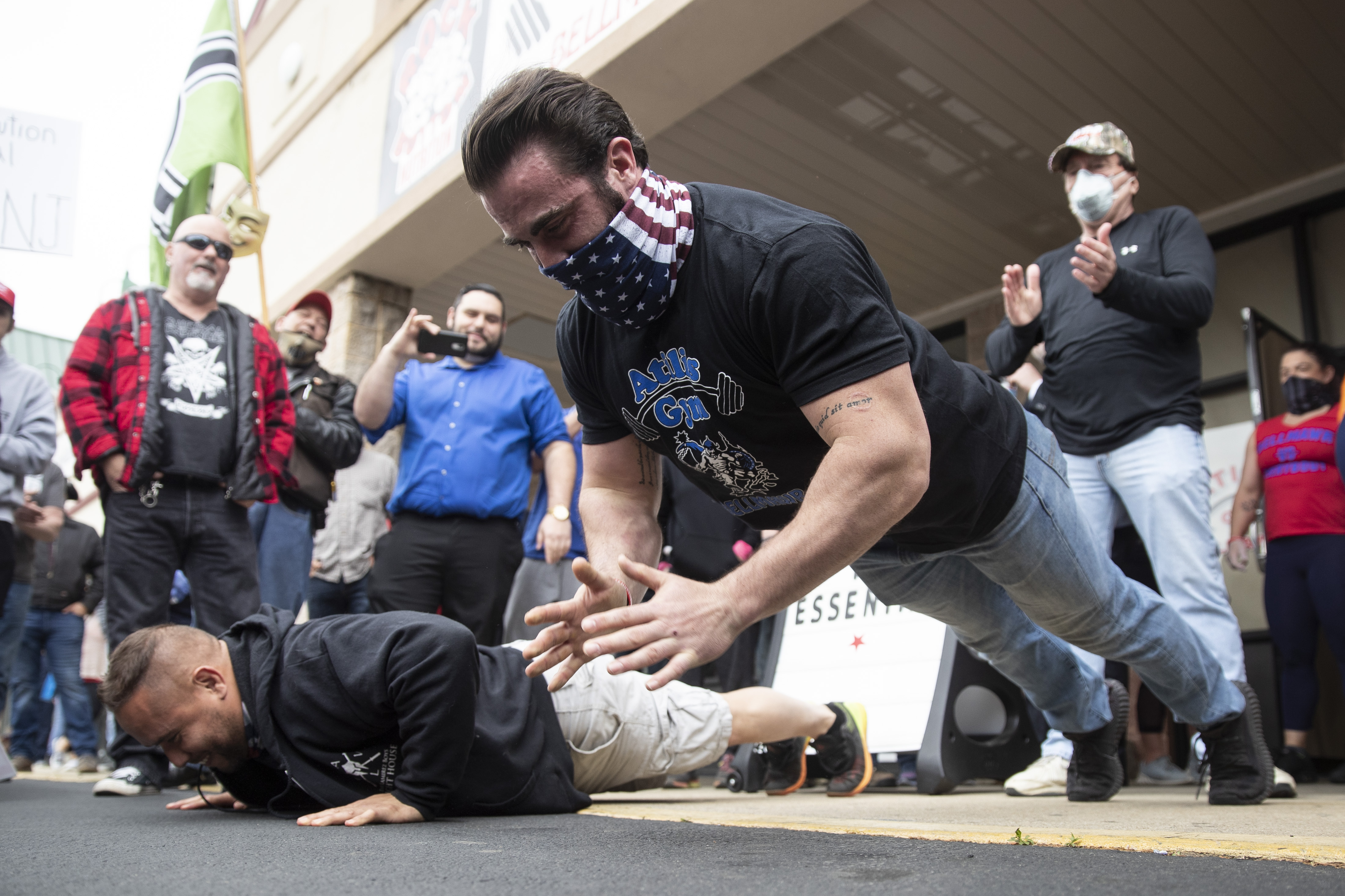What to Know
- New Jersey Gov. Phil Murphy is urging people to avoid becoming "knuckleheads" by partying indoors.
- New Jersey has seen dozens of recent COVID-19 cases traced a series of house parties amid the coronavirus pandemic.
- 'We cannot continue to have crowded house parties,' Murphy said. "They are not safe. They put the hard work we’ve all undertaken since March at risk of being undone."
After a recent increase in large house parties, New Jersey Gov. Phil Murphy is urging people to not gather indoors amid the coronavirus and become the next "knuckleheads."
On Wednesday, Murphy noted that he understands it's hot outside and people want to blow off steam, but he urged them to avoid gathering indoors where COVID-19 can spread more easily.
"When there are hundreds of people crammed into a house, where the air-conditioning system is simply blowing the air around and people are not wearing masks, you have also invited coronavirus to your party," Murphy said.
The first-term Democrat said that a series of recent house parties in Middletown Township led to at least 50 new COVID-19 cases among teens who attended. He also noted recent parties that sickened dozens of lifeguards and a party in Jackson that drew hundreds of people and had to be broken up by police as also being problematic.
Health Commissioner Judith Persichilli said a Cape May County graduation party led to dozens of cases in both New Jersey and Pennsylvania earlier this year.
Persichilli urged anyone hosting a gathering to keep it outdoors, limit the guest list and ask anyone with COVID-19 exposure or not feeling well to stay home.
The health commissioner said that in recent months young people have made up more of the state's total coronavirus cases.
"Being young is not an excuse to let your guard down," Murphy said while noting that COVID-19 can infect teens and their loved ones.
Murphy reiterated a favorite term of his from the pandemic to call out those risking exposure at parties: "This is no time for anyone to be vying for induction into the Knucklehead Hall of Fame. Coronavirus is more easily transmitted indoors. Crowded indoor house parties are not smart or safe."
He said the outbreaks have in part caused him to pause reopening of the state's economy, including indoor dining.
New Jersey was particularly hard hit by COVID-19 early in the outbreak, but has seen deaths, cases and hospitalizations level off in the past few months.
However, Murphy has paused entering the third stage of reopening the economy, in part, due to the spread of the virus elsewhere and what that could mean to the Garden State. On Tuesday, the state’s 14-day quarantine list expanded to nearly three dozen states.
He has also noted upticks in the rate of transmission -- which remained above 1 Wednesday -- that show potential increase in spread.
As of Wednesday, nearly 181,000 people had tested positive for the novel coronavirus with at least 13,923 confirmed deaths attributed to COVID-19 complications. Another nearly 2,000 deaths are suspected to be from coronavirus-related issues.
Murphy said that in the past four days nearly 2,000 new cases have been reported, a total the state hadn't seen over the past month.
"We cannot go backwards," he said.
Murphy and state health officials have continued to reiterated wearing masks and keeping at least 6 feet apart when in public to slow the spread of the virus. He also said do as many things outside as possible.
"Don’t attend any crowded house parties," Murphy added Wednesday.
For most people, the virus causes mild or moderate symptoms. Older adults and people with existing health problems are at higher risk of more severe illness or death.



